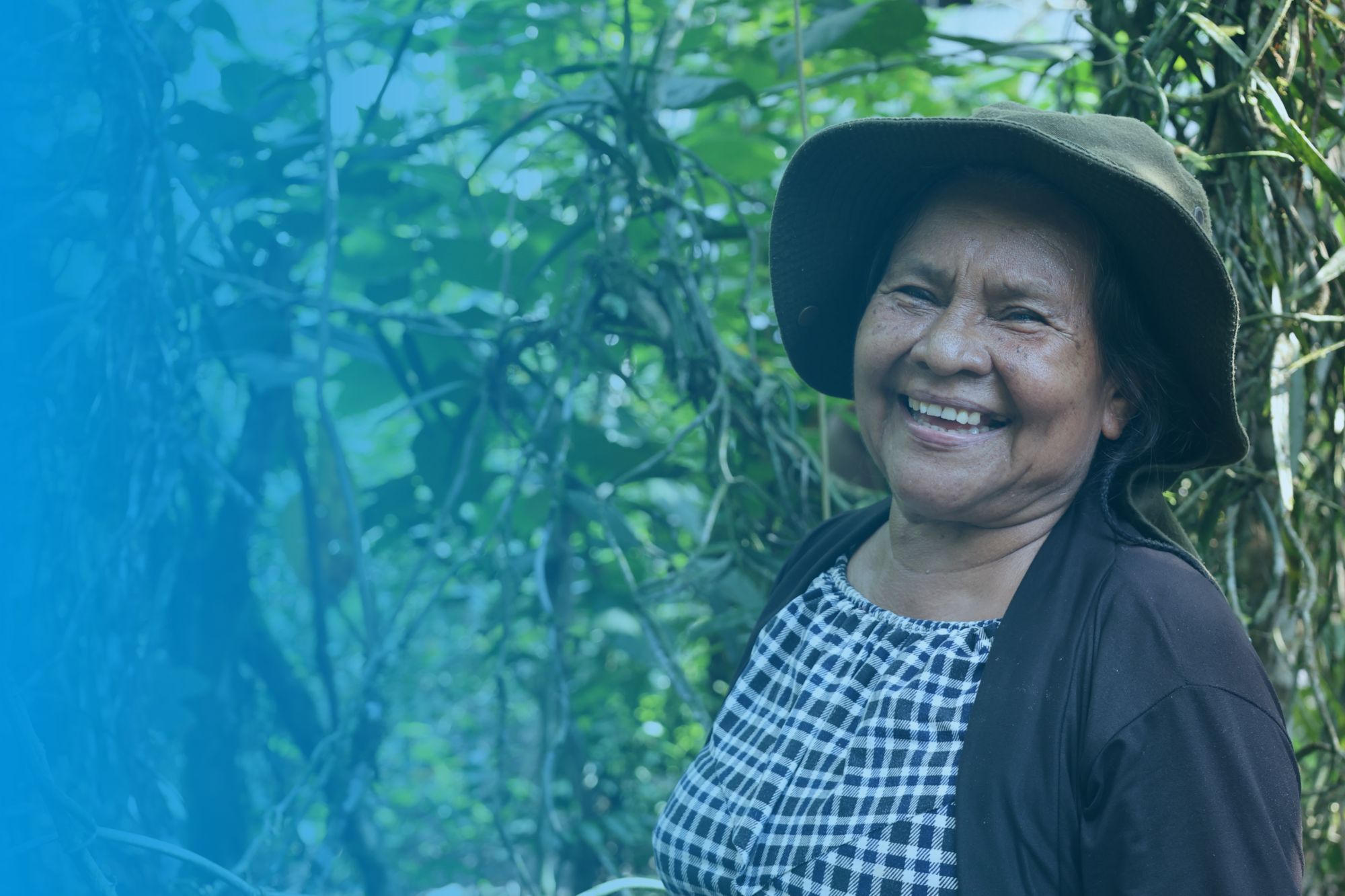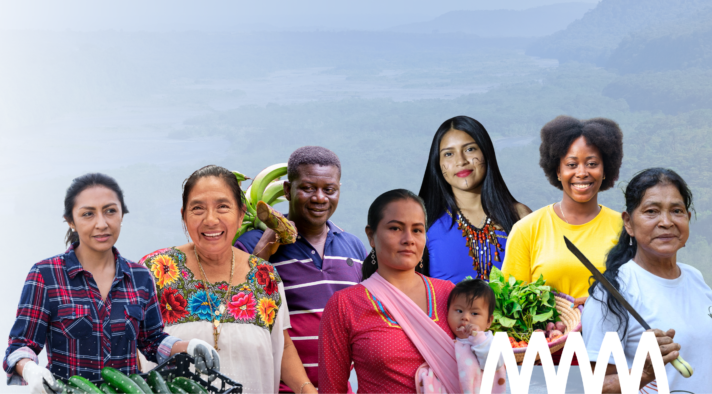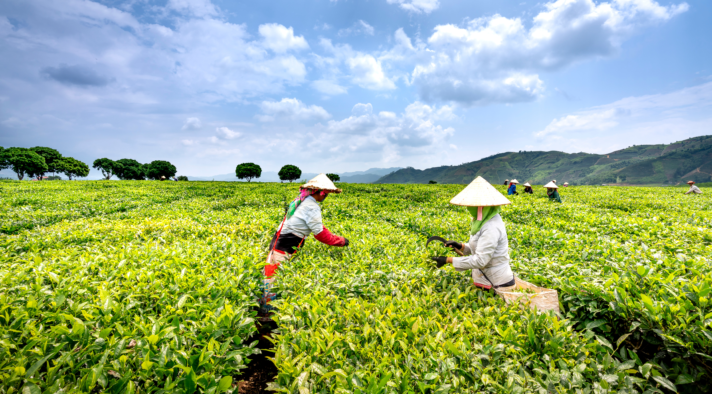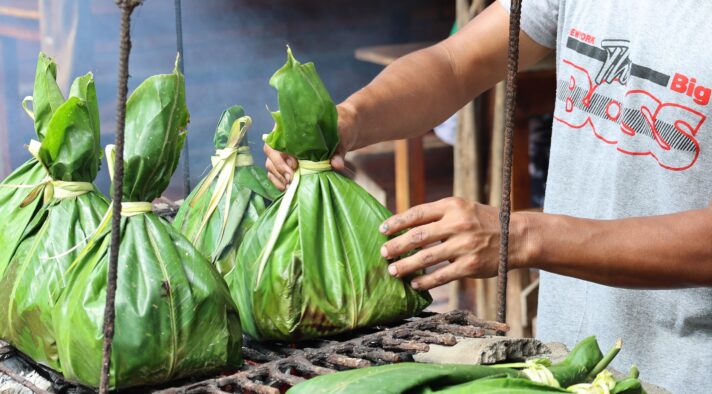Regions4 has launched the Outcomes Report from the Breakthrough Workshop on Indigenous Economy and Just Resilience held from January 20 to 24, 2025, in Tena, Napo, Ecuador, uncovering significant progress between provincial government policies and Indigenous economic models.
Co-organized by Regions4, Nature4Climate and Wiñak, with the support from The Scottish Government, the Consortium of Provincial Autonomous Governments of Ecuador (CONGOPE), The Nature Conservancy, Nature and Culture International, the Global Alliance of Territorial Communities (GATC) and the Environmental Defense Fund (EDF), this event brought together provincial governments from the Ecuadorian Amazon (Napo, Zamora Chinchipe, Pastaza, and Morona Santiago), Local Communities and Indigenous Peoples, NGOs, and international organizations to advance strategies for integrating the Indigenous economy into climate resilience frameworks ahead of COP30.
The Report “Breakthrough Workshop on Indigenous Economy and Just Resilience” captures the insights, progresses and commitments from the Workshop and provides actionable insights for policymakers and stakeholders worldwide on just resilience. The Workshop facilitated a rich exchange of experiences between provincial leaders and Local Communities and Indigenous Peoples, addressing shared challenges such as deforestation, illegal mining, and limited infrastructure for sustainable livelihoods. In this context, Prefects and Vice-Prefects from four provinces of the Ecuadorian Amazon actively contributed to the dialogue, sharing their perspectives and priorities.
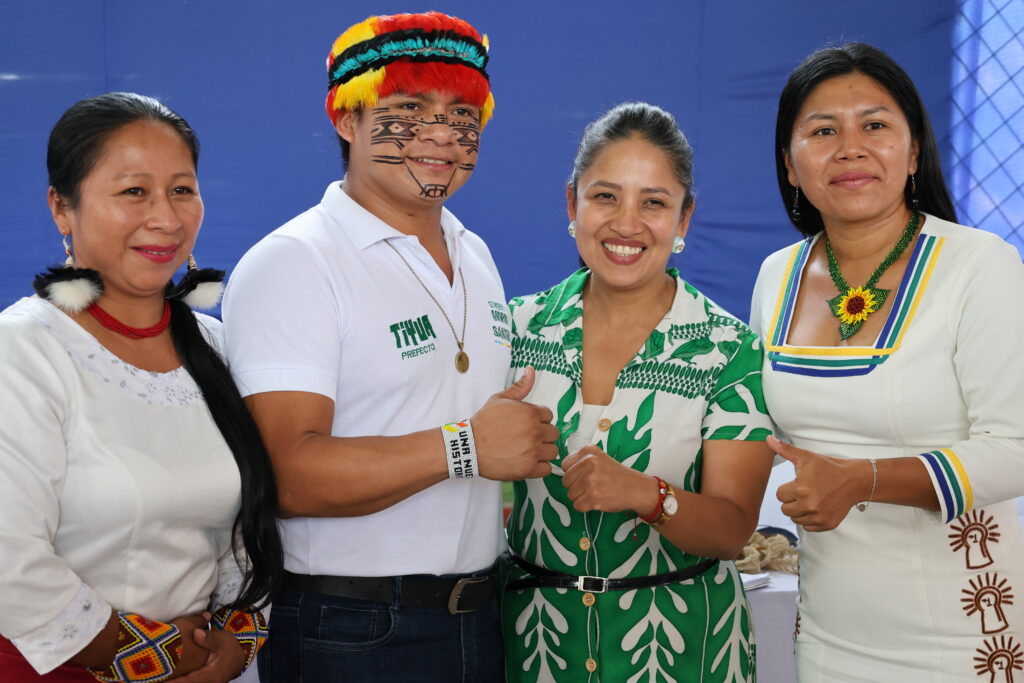
Karla Reátegui, Prefect of Zamora Chinchipe, emphasized the importance of gender equity in forest conservation through initiatives like the Sembrando Vida plan. Tiyua Uyunkar, Prefect of Morona Santiago, highlighted the establishment of the Tarímiat Pujutaí Nunka Reserve, a participatory conservation effort protecting over 4 million hectares of Amazonian forests while recognizing indigenous rights. Natalia Tanguila, Vice-Prefect of Napo, stressed the need for infrastructure to connect indigenous producers to markets. Lineth Calapucha, Vice-Prefect of Pastaza, called for integrating ancestral knowledge into policies to address structural inequities.
The workshop represented an important milestone in the consolidation of the indigenous economy as a fundamental pillar in the transition towards a global model that promotes just resilience.
Empowering Provincial Governments to Support Indigenous Economies
One of the main objectives of the workshop was to strengthen provincial governments capacities to promote just resilience, by encouraging close collaboration with Local Communities and Indigenous Peoples.
In that context, over 7 days of activities, participants explored ancestral agroforestry systems (chakras), which provided hands-on insights into how traditional agroforestry practices contribute to biodiversity conservation while supporting local livelihoods, engaged in presentations by provincial governments and representatives from Local Communities and Indigenous Peoples, and held collaborative discussions on the needs, challenges and opportunities for promoting the indigenous economy in subnational plans.
Among the highlights were presentations by Provincial Governments, who shared their experiences and expressed strong commitments to advancing just resilience in their territories:
- Napo showcased its Chakra Group initiative, which certifies agroforestry products through the Chakra Seal, ensuring fair market access while conserving biodiversity.
- Zamora Chinchipe presented its Sembrando Vida plan, integrating gender equity into forest conservation through a Gender Action Plan (GAP) that empowers women in sustainable development.
- Pastaza shared its REDD+ subnational plan, guaranteeing indigenous leadership in territorial governance and sustainable production models.
- Morona Santiago highlighted the establishment of the Tarímiat Pujutaí Nunka Reserve, a participatory conservation effort protecting 4 million hectares of Amazonian forests while recognizing indigenous rights.
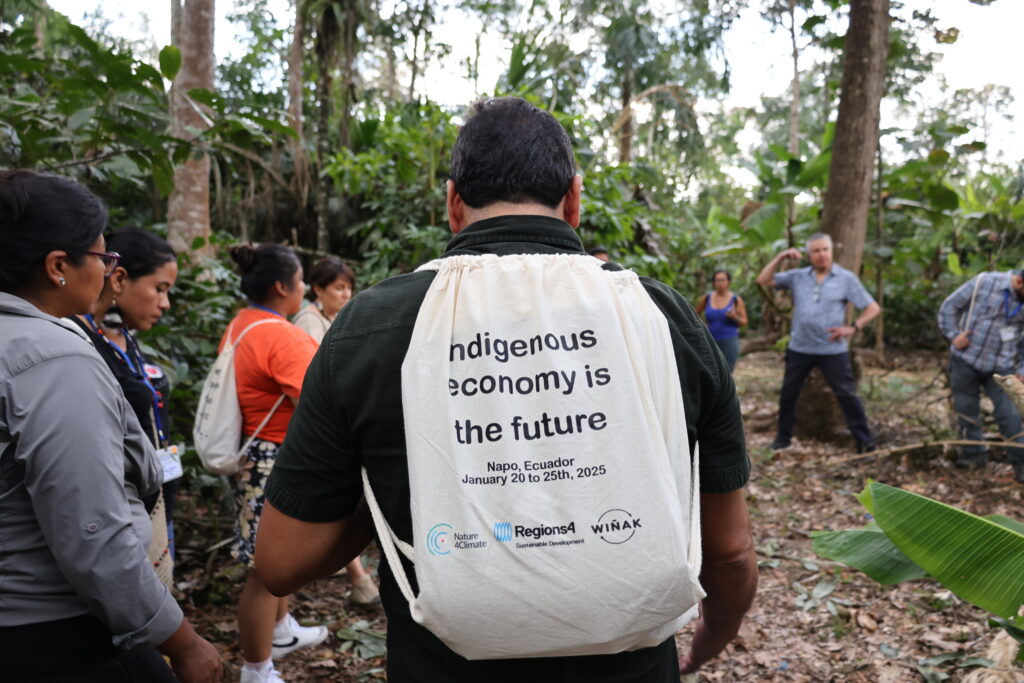
The workshop also laid the foundations for future Regions4 initiatives, including the Webinar on Regional Leadership for Just Resilience, held on March 26, 2025. These stories reflect not only the challenges but also the great potential of integrating local and indigenous economies into subnational strategies.
For more information or inquiries about these initiatives, please contact Regions4 Communications Manager Ms. Soraia Ribeiro at sribeiro@regions4.org.
